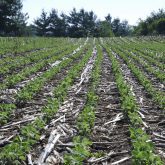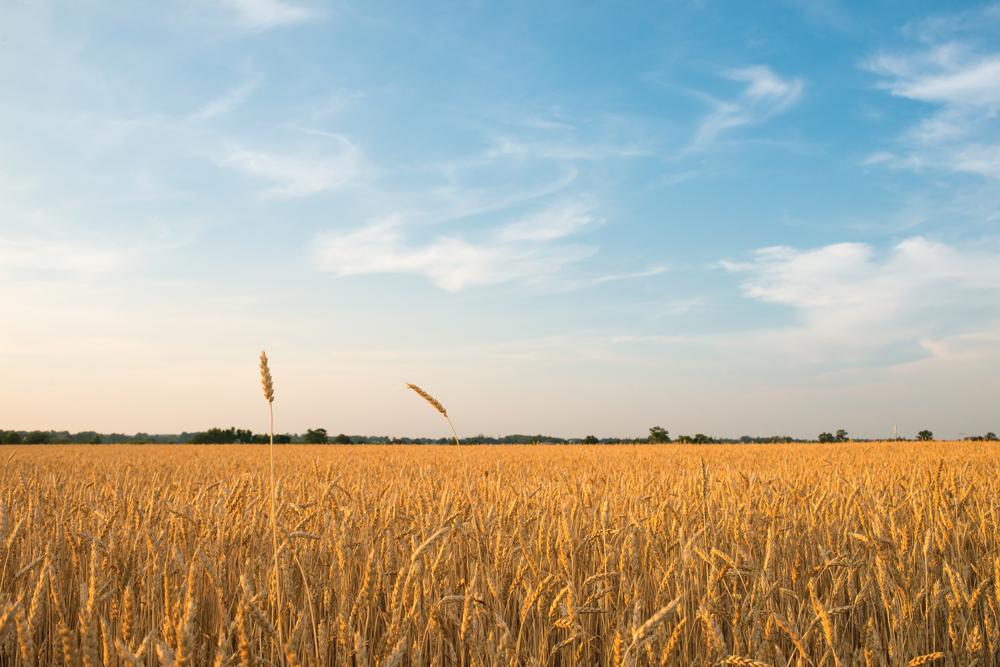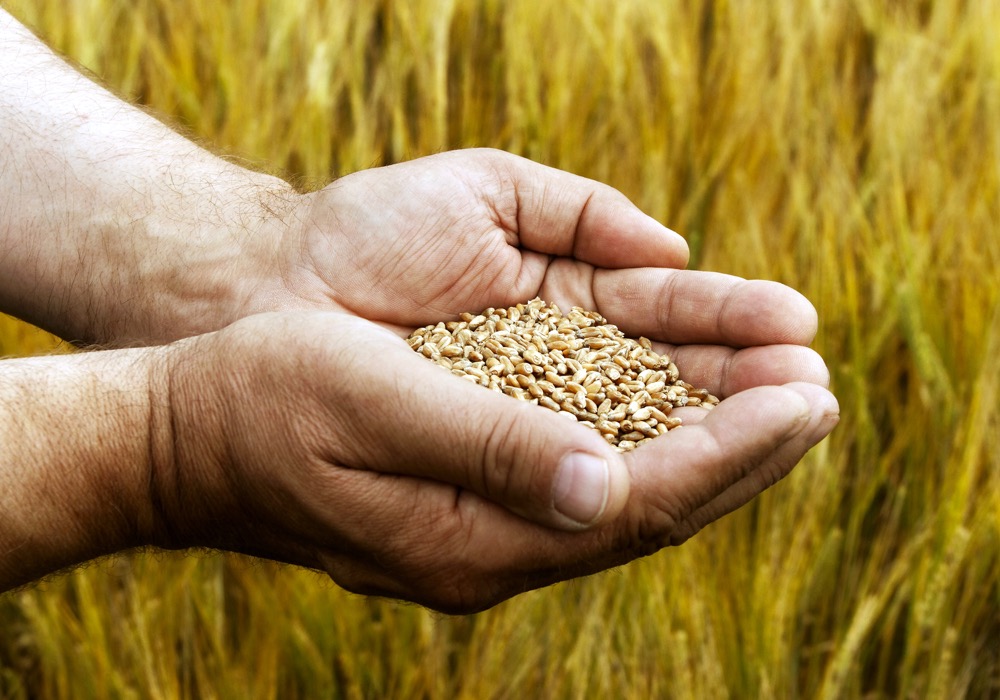Canada has had plant breeders’ rights (PBR) regulations for 25 years, yet some farmers still breach them.
Dustin Hawkins, who farms near Kincaid, Sask., is the latest to be penalized for the unauthorized advertising and sale of durum wheat varieties AC Transcend and AC Strongfield, whose rights are held by FP Genetics and SeCan, respectively.
The PBR infractions occurred in 2015, Todd Hyra, SeCan’s business manager for Western Canada, said in an interview Feb. 23.
Under PBR rules farmers can save seed from a crop they have grown to plant subsequent crops, so long as they haven’t agreed in a contract with the seed seller not to. However, farmers cannot sell that seed to other farmers to plant without the plant breeder’s permission.
Read Also

CUSMA access key among other trade noise: Seeds Canada panel
Seeds Canada conference panelists say Canada needs to stay focused and wait as U.S. trade and tariff chaos develops, and a Canada-U.S.-Mexico Agreement review looms
Hawkins agreed to a cash settlement that compensates the seed companies for unpaid royalties related to the unauthorized sale of those varieties and to cover the seed companies’ legal and investigative costs, FP Genetics and SeCan said in a joint news release.
Hawkins also signed a declaration that he will not sell those varieties for seed.
“Seed sellers need to be aware of the rules,” FP Genetics’ CEO Rod Merryweather said in the release. “If a variety is protected by PBR, it is protected whether you call it common seed or you call it by the variety name. Infringers need to be aware it is not just a matter of paying royalties owing when you get caught. Settlement normally includes royalties, investigative and legal costs, and other damages, which can result in very substantial payments.”
The release didn’t say how much Hawkins had to pay and Hyra declined to say either.
“We want to educate people (about plant breeders’ rights), but we don’t necessarily want to get into all of the details,” Hyra said.
However, a year ago a Saskatchewan farmer agreed to pay $150,000 after making unauthorized sales of two SeCan PBR protected varieties — CDC Bethune flax and AC Strongfield durum wheat.
SeCan said at the time it was its largest PBR infringement settlement yet. The previous one was for $120,000 in 2013.
Plant breeders’ rights first came into effect in Canada in 1992 under UPOV ’78 (International Union for the Protection of New Varieties of Plants).
Two years ago Canada implemented UPOV ’91, which strengthens breeders’ rights and allows breeders to collect royalties at different points in the value chain. Under both provisions farmers could save seed of protected varieties for their own use, but not sell to other farmers to grow, Hyra said.
“The majority of any cereal varieties released in the last 15 years is all protected by PBR,” Lorne Hadley, executive director of the Canadian Plant Technology Agency, which helps to enforce breeders’ rights said. “This includes durum wheat. There have been some recent changes to the act, but PBR has been in place for 25 years with considerable investment in education and an increasing number of publicized enforcement actions. After 25 years everyone should know the rules.”
Despite that, some farmers are breaching the regulation. Some are even open about it running ads on the online classified platform Kijiji.ca and local swap-and-shop radio programs, as well as on Facebook and Twitter, Hyra said.
“We have found infringers through various ways,” he said, “including other farmers, even neighbours who believe infringers are abusing the system to the detriment of honest farmers.
“The whole goal of plant breeders’ rights is to encourage investments in Canada to make sure we get the best products possible for Canadian farmers,” Hyra said. “By enforcing the rights we are showing plant breeders here at home and around the world that when they bring something to Canada they have a chance to get rewarded for their investment and continue to try to encourage that to go forward. That is really the take-home message and that is what plant breeders’ rights are intended to do — to make sure we continue to get that investment for farmers.”




















